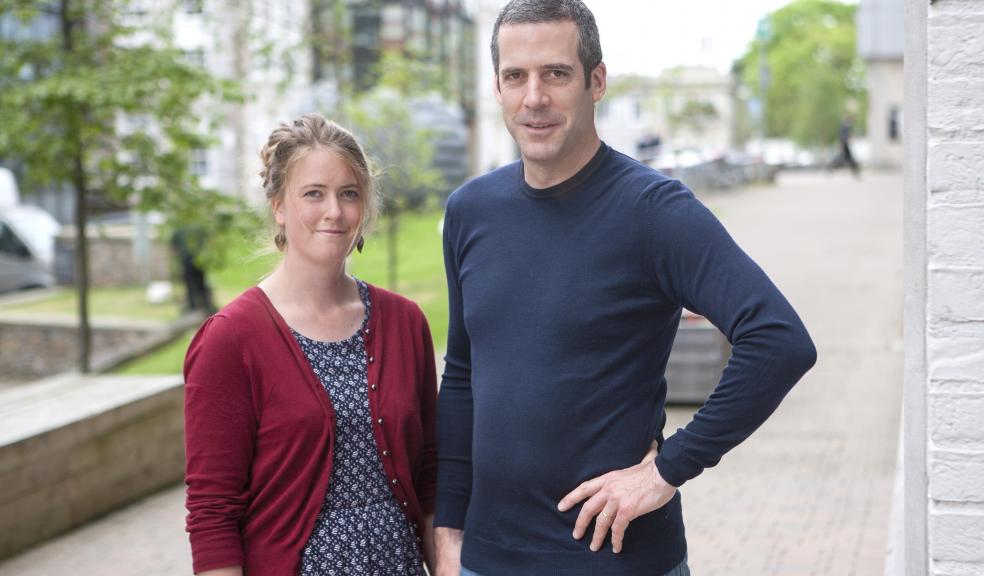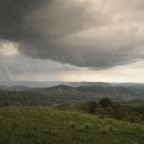
Plymouth student and scientist participate in international research expedition to Antarctica
A Plymouth University PhD student will be travelling to Antarctica later this year after successfully applying to join an international scientific expedition.
Holly Pearson, currently in the final year of a PhD project examining the speciation and bioavailability of metals in estuaries, will be joining researchers from 30 countries working on 22 projects as part of the inaugural expedition of the Swiss Polar Institute.
The three-month Antarctic Circumnavigation Expedition (ACE), and the detailed analysis that will follow, will enable scientists to measure and quantify the impact of climate change and pollution in the Southern Ocean.
Plymouth University is a partner in the research project titled SORPASSO (Surveying Organic Reactive gases and Particles Across the Surface Southern Ocean), which aims to conduct the first observations of the circumpolar distribution of surface ocean trace gases and particles important for atmospheric chemistry and climate.
Holly, who grew up near Launceston in Cornwall, will collect water samples from the Antarctic Ocean then analyse them using a method developed at the University to measure very low levels of volatile amines, which have the potential to act as climate-regulating gases.
She said: “As soon as I heard about this project, I knew that I wanted to be involved and it is a once-in-a-lifetime opportunity. It will give me the perfect chance to test the skills I have learned in Plymouth in a complex research environment, while at the same time having the knowledge that you may be contributing to a brand new area of science. That is the aim of every scientist, and it is amazing to be able to do this at such an early stage in my career.”
The SORPASSO project is being led by the Institut de Ciències del Mar (ICM-CSIC) in Spain, but also involves scientists from the UK, Canada, Australia and Argentina.
It will combine ocean and atmospheric measurements with remote sensing data and numerical modelling to extrapolate observations into a regional context and outline projections of future trends under global warming.
Dr Mark Fitzsimons, Associate Professor (Reader) in Organic Geochemistry at Plymouth University, is part of the research team. He said: “Amines are small molecules present at very low concentrations in the ocean; they have a short life span, and their precise role in regulating climate is something we need to understand better. The analytical technique we have developed will enable us to extract them from their environment, and relate this to information on their parent compounds, in collaboration with colleagues at Plymouth Marine Laboratory, to fully establish their potential importance. It is brilliant that one of our students will be involved. Holly is incredibly hard-working, talented and has had to overcome many challenges in her research – it made her the perfect candidate for this expedition.”
The 22 projects selected for the ACE expedition cover a spectrum of topics, including the composition of plankton, threatened animal species, the presence of micro-plastics in the surrounding water, the carbon cycle, microorganisms that flourish in the ocean depths or in ice, and the impact of waves on the coasts.
They will make use of the most advanced data collection and analysis technologies available. In addition, because they will be run in extreme environments, the projects will provide insight into biochemical compounds and microorganisms that, up to now, have been studied little if at all. It is hoped that the results could lead to discoveries and new and interesting applications in the fields of biotechnology, medicine and environmental science.












